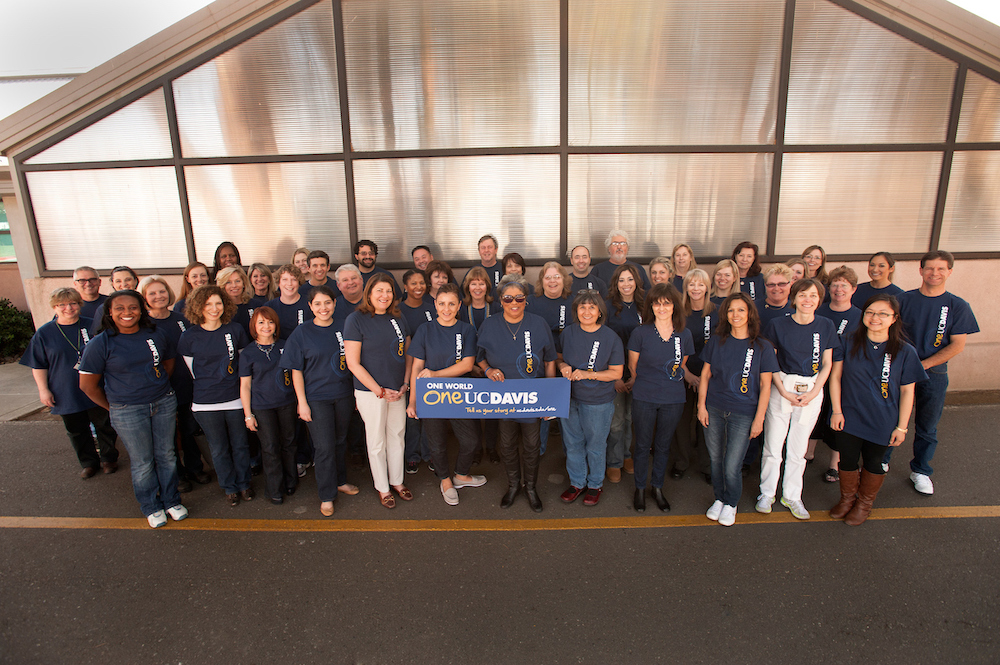An essential role in every company, human resource professionals oil the cogs of workplace operations. They keep their companies running smoothly and ensure a positive workplace environment.
The role of an HR professional

The life of an HR professional is rarely monotonous. Often trained in all human resource disciplines, HR professionals typically handle every aspect of employee relation, including recruitment, compensation, benefits, training and the administration of human resource policies, procedures and programs. They also ensure that these functions comply with federal, state and local regulations. While HR professionals may perform a variety of duties in the department, there is opportunity to follow specialized paths within the field. For example, an HR “generalist” might manage all areas of human resources, but a “recruitment specialist” would focus on finding, screening and interviewing applicants for job openings. Other specialties include compensation and benefits manager, training and development specialists and employee assistance plan managers who focus on work-life balance and employee safety and wellness.
Jobs in demand

According to the Bureau of Labor Statistics, the industries that hire the most HR specialists include finance, insurance, education, healthcare and government. These industries typically look for prospective hires who are familiar with labor legislation, HR-related laws and regulations, applicant tracking and payroll systems, handling confidential information and recruitment processes. Compelling candidates usually have strong interpersonal, communication, organizational and problem-solving skills.
HR career outlook
California:
- Projected growth in CA: 10.4%
- Avg. annual openings in CA: 8,920
Nationally:
- 2019 Median Pay: $61,920 annual
- Typical entry-level education: bachelor’s degree
- Number of jobs in 2019: 666,500
- Job outlook 2019-2029: 7% (faster than average)
The career outlook for HR specialists is promising, as they will be needed to handle increasingly complex employment laws and healthcare coverage options. Most job growth is projected to be in the professional, scientific, and technical services industry. There are also opportunities for career growth in the HR field; with experience, HR specialists can eventually promote into HR manager roles, with a median annual pay of $116,720, according to BLS.
As an HR professional, a membership in the Society for Human Resource Management (SHRM) and the HR Certification Institute (HRCI) can help you expand your professional network and increase your value in the industry through courses and certification programs intended to enhance your skills. Recognized HR certifications include the SHRM Certified Professional (SHRM-CP), the SHRM Senior Certified Professional (SHRM-SCP), the HRCI’s Professional in Human Resources (PHR) and the Senior Professional in Human Resources (SPHR), with key differences being the amount of relevant work experience and level of training.
Getting started
Pursuing a major that will lay the groundwork for an interdisciplinary knowledge of human interaction is a good first step. The most beneficial majors for anyone considering a career in HR are those that focus on how larger social forces affect human interaction, develop educational abilities, and strengthen communication skills at the interpersonal and organizational levels.
Best majors for an HR career
Majors like sociology — organizational studies or community and regional development provide foundational knowledge of how organizations operate and interact by prioritizing the practical, real-world applications of organizational theories. Majors like communications or psychology focus on communication processes at every scale, providing a more comprehensive understanding of human interaction in different contexts and building necessary interpersonal skills.
On the other hand, a more technical education in business organization can also be beneficial in an HR role. Majoring in managerial economics or science and technology studies builds knowledge of the financial and data-oriented aspects of HR, which are increasingly in demand.
Any major that provides the opportunity to hone critical analysis and problem-solving skills, as well as learn about the inner workings of organizations, whether through a humanities lens or a business or STEM approach, can be beneficial for an aspiring HR professional. Participating in clubs and associations that facilitate networking, leadership and professional development opportunities — such as Ascend, Davis Women in Business, Finance and Investment club or professional fraternities — can also get your foot in the door.
HR certificate program details
- 4 classes, completed in as little as six months.
- Remote, online learning through spring 2021.
- Receive credit for SPHR and PHR re-certification through HRCI.
Learn more about the Human Resource Management Certificate Program or view HR courses now open for enrollment.
Need help getting started?
Reach out to enrollment coach Kristy Craig for one-on-one help answering your questions and finding the right courses to fit your schedule and goals.
Earning a certificate in HR management is also a valuable way to develop credibility. Designed for early career professionals and career changers, the Human Resource Management Certificate Program, offered by UC Davis Continuing and Professional Education, provides the foundational skills to manage the complex responsibilities that are central to a successful organizational culture. You’ll learn job-ready skills to succeed as an HR specialist, including familiarity with employment law, ethics, labor relations, performance management, compensation and benefits retention, talent development and recruitment. Courses are taught by experienced HR experts and include realistic assignments that offer hands-on practice in key areas of HR management.
Sai Siddhaye is an American studies and cognitive science double-major at UC Davis working as an editorial marketing assistant at UC Davis Continuing and Professional Education.
